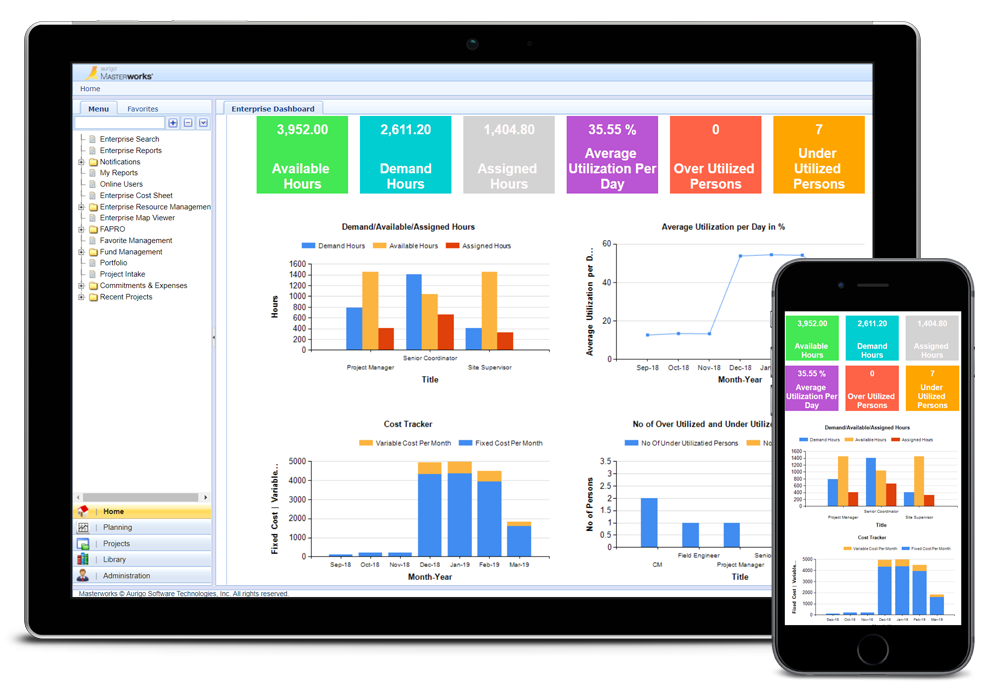Construction management software is a type of software that is used to manage the construction process from project inception to its completion to address the issues faced by the construction industry. It is used by many companies and organizations for project management, estimating, and scheduling which helps in managing the construction process from start to finish. It helps in managing all activities related to construction such as estimating, scheduling, cost control, quality control and safety control.
Construction Management is a professional service that uses specialized, project management techniques to oversee the planning, design, and construction of a project, from its beginning to its end. The purpose of CM is to control a project’s time/delivery, cost, and quality – sometimes referred to as a project management triangle or triple constraints. Great construction project management refers to keeping the tripe constraints in check, delivering on time, keeping the budgets in control and tracking the progress while doing the quality control. It should help construction managers’ schedule and track task lists, assigned tasks and Project performance. It should also help contractors and construction companies assign tasks to employees, monitor deadlines, and track estimated and actual expenditures within budgets and schedules. Project management software can also help builders and contractors ensure proper monitoring and documentation of requests for information (RFIs), change orders and payment requisition. Construction management software connects everyone on project with one platform.
When do I need construction management software?
It’s important to recognize that construction management software is designed for full projects that take time and teamwork to complete; they are likely too comprehensive for routine work. For example, it would be quite helpful to use construction management software to set up and configure a computer network, but it would be clunky and confusing to try to use project management software to maintain that computer network.
To determine whether construction management software is appropriate for a task, ask yourself the following questions:
- Do I have a definitive start date?
- Do I have a definitive deadline?
- Do I have a clear understanding of my goals between now and then?
You should also consider who will be working on the project. If you’re searching for the right construction management software solution or assessing your current one, here are nine factors to consider.
How well does the software enable your teams to work together?
Most of us will remember our early days where white boards and yellow sticky notes were the primary planning and organisation tools of the office. Everybody knew the system and its limitations, particularly if operating in a multi-team or multi-site environment. When Introducing new systems, ensuring that it will be effective is paramount.

Do the benefits justify the cost?
Implementing project management software is going to have an impact on time and money.Done correctly, however, the right software will more than pay for itself many times over in terms of cost savings and productivity when in operation.The options available on the market vary massively in price so best to start by focusing onthe features that will meet your specific needs.
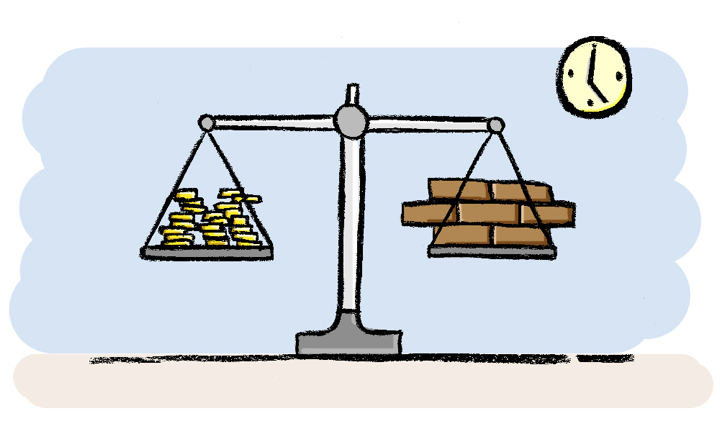
Can you try before you buy?
Think of the process you went through finding office space or warehousing. All too often, the problems or flaws only become apparent after you have signed the lease and moved in. When selecting your Project management Software, you should have the opportunity to try before you buy. This could be a workshop or demo or even as a selection of training modules to let you experience how it operates first hand.

Will your team feel the benefit and get on board?
Getting the maximum benefit in the shortest time will be a driver to the immediate value of your software. Having the teams involved in the evaluation process is useful in getting true feedback and having them feel engaged and part of the buy-in process. On the flip side, keep that trial to the appropriate length and keep it straight forward. As tempting as it may be to explore downloads and side functions, keep a strong focus on how it will fit into the workflow and core functions.
Does it allow collaboration?
The project management software must allow for collaboration on projects so teams can work together, either on-site or remotely. Collaboration will make it a lot easier for every team member to contribute input at every stage of the project.

Is it Customizable?
You do not have to change how the organisation runs just to accommodate a new system. The best project management software must easily be configured to fit your organization’s needs. So you must pay attention to the level of customization the software offers. Flexibility is a highly important aspect to consider since business working patterns and demands are expected to change over time.
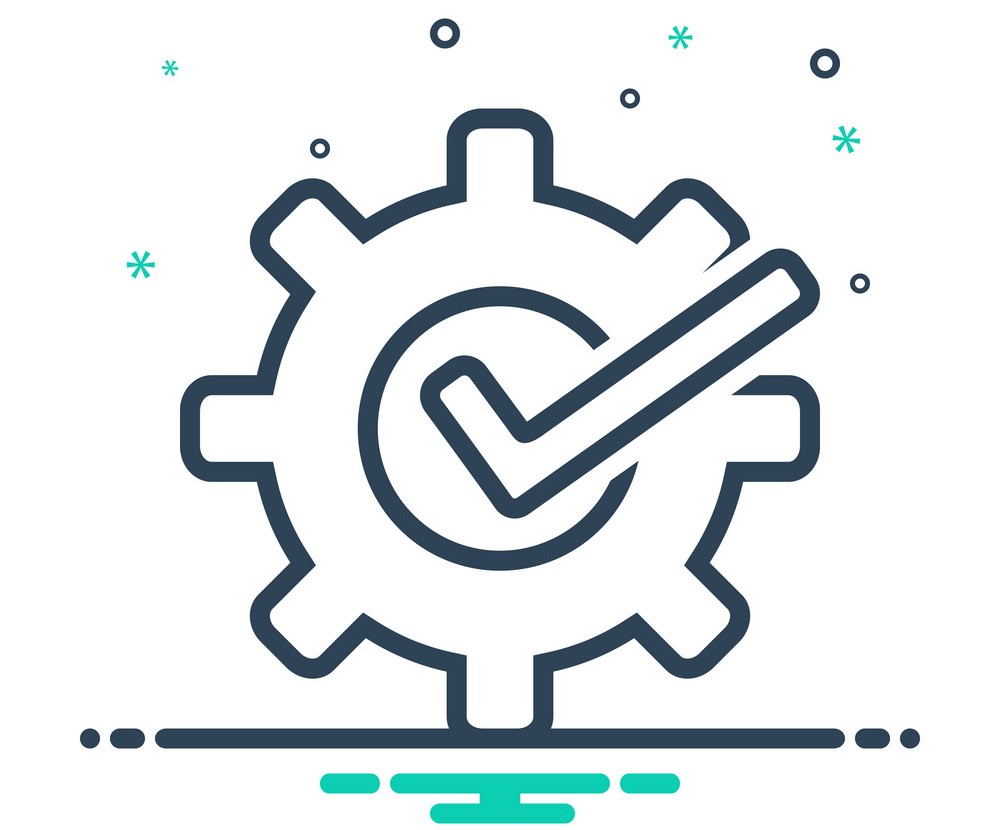
How much ease of use does it provide?
Often, some tools are quite complicated to use and require several days of training. Find a product that is straightforward to use and is suitable for your business. Consider using tools offering free trials so you will get to see its capabilities before purchasing it.
User experience is very important. An excellent system will even go beyond having a pleasant interface. It will demonstrate ease of use for all users in that it boosts work productivity rather than delays it.
Making the shift to user-friendly, improved project management software is the first step in making sure that all projects are running efficiently, from conception to implementation to tracking. With many products to choose from, it is crucial for you to make the right choice. Take your time and test all potential software prior to making a final decision. Make sure your own workflows and processes are squared away. Identify any manual orbespoke workarounds that are occurring in the workplace before rolling out the new software. After all, the implementation plan is likely to be based on the documented procedures and workflows.
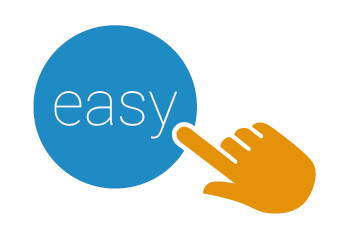
Advantages of construction management software
Real-time communication and collaboration
The work on any project, no matter what field it belongs to, requires overcoming communication barriers, for these discussions must eventually improve the planning and coordination of field operations. Construction project management software allows external stakeholders to connect with construction firms and provides workers with a means for clarifying internal matters regarding the project under development.

Budget management and accounting
A budgeting tool is necessary for efficient management of the construction project budgets and forecasts. Now, project managers can rely on the broad capabilities that come together with construction management software. Thus, it has become easier to prepare the estimate of costs as part of project control. Historical cost performance records from previous projects or standards can be determined here, too, as can the construction methods involved and the resources required (the labor, knowledge, and equipment.)

Resources management
Another way for you to benefit from the construction PM software is the management of resources involved. Though being closely connected with the cost control and revenue estimation, the resources management is, in itself, worthy of special attention. Inventory and equipment, skill and knowledge — these are some of the resources needed to get the job done. At this point, it can be checked whether the resource usage is aligned with the original estimates and if there is a possibility for optimization. The resource usage is tracked, analyzed, and organized. This data can be saved and come in handy for the optimization of future projects.
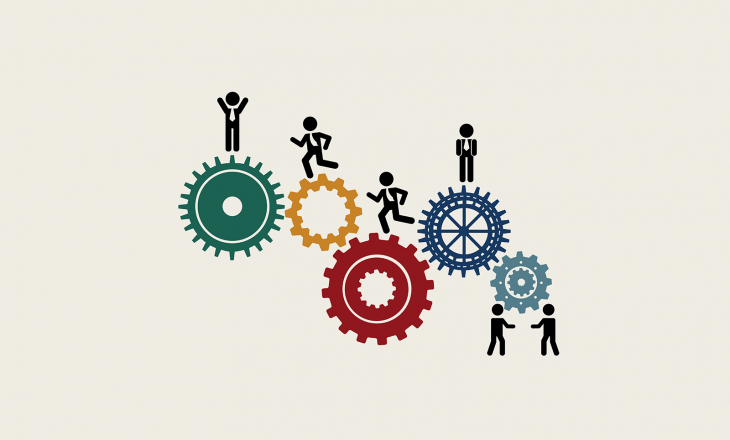
Direction to the project
Construction management brings direction to projects. The same way every project needs a manager to oversee the functions of a business, construction projects need a manager to carry the vision, motivation, tackle roadblocks, coach and inspire the team. Project managers serve the team, communicate with the management and take accountability of the complete process.

Project Planning
Project planning is an important role in construction. A good plan and strategy can help in overcoming overheads, reducing required budgets, achieving timely deliveries and maintaining quality standards. Project managers negotiate reasonable and achievable deadlines/milestones across all the stakeholders – team, vendors, management, etc.

Quality Control
One of the most important aspects of successful project completion is maintaining quality standards. Usually, the stakeholders working on a project are driven with enormous pressure to complete and these conditions tend to rush them. A construction manager will turn the gates in achieving the ROI while inspecting and controlling the safety and quality measures that are to be met as per the standards.

Risk Management
Risk management is critical in a construction project. Responsible managers oversee all the processes, analyze all the potential risks, quantify them, develop a mitigation plan and also be prepared with a contingency plan in case needed. A construction manager is expected to take all the risks on his plate and respond to overcome the challenges while keeping the management and team informed.
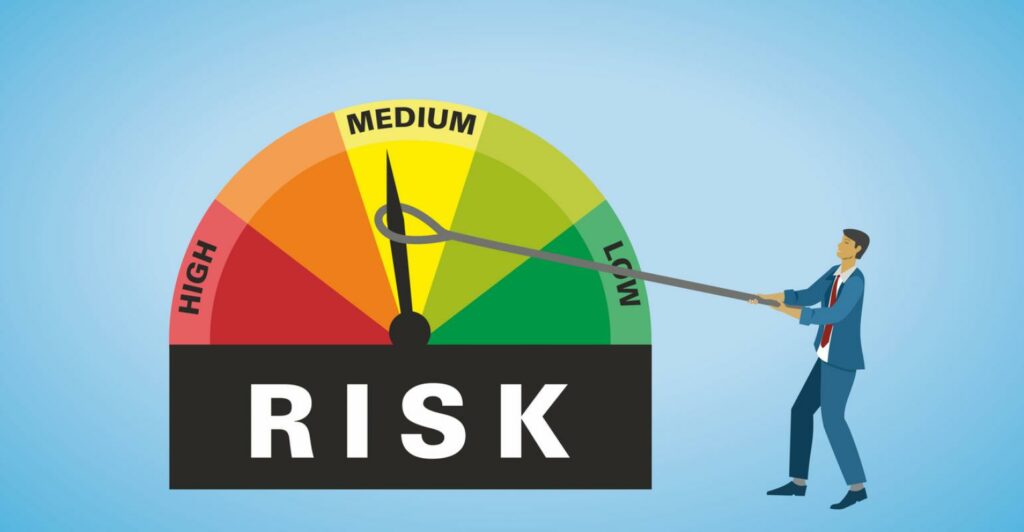
Maximizes communication and minimizes conflict
Using a collaborative and inclusive approach, mutual trust is built during the project’s early stages. As the design develops, the construction manager provides you with expertise on subjects like constructability, cost, schedule, value engineering and material selection.

Central point of communication, control and responsibility
As your principal point of contact, the construction manager is your go-to person and the one who has a thorough understanding of your project’s big picture. They receive input from multiple sources, manage the flow of information, integrate project participants and ensure the work is completed on schedule and on budget.
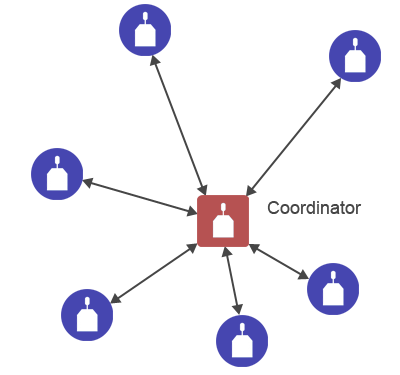
Construction management can save you time and money
By compressing a number of steps in the conventional process, schedules can be accelerated. Through greater flexibility and project control, the risk of overspending is therefore minimized.

Access to a highly qualified project team
The construction manager applies their extensive industry knowledge to advise you on who is best suited to deliver the needs of the project and recommends industry experts to add to the project if necessary.

Document sharing and control
With the construction software, it is easier to share documentation among team members and external stakeholders. Be it an internal tool or an integrated system, the software gives access to such information sources as wireframes, blueprints, specifications, and digital plans. Construction project management software normally provides a complete document management system ensuring thus that the documentation is correct and fewer spreadsheets often containing errors will then be needed.
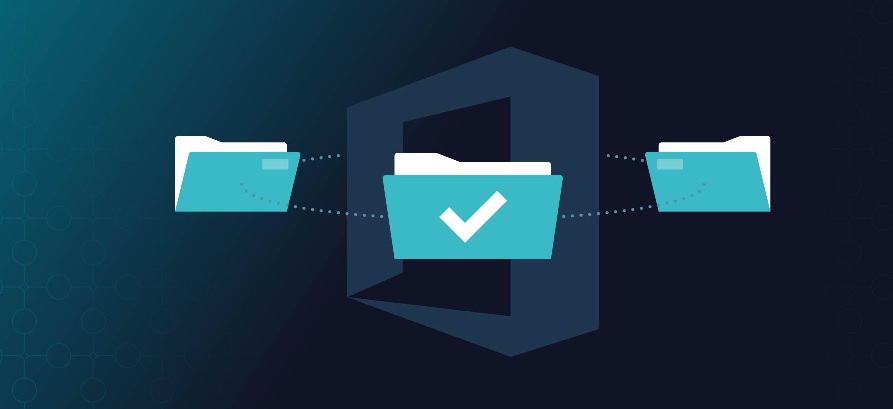
Conclusion
Construction management software is the backbone of any construction company. It is a vital tool that helps to manage projects, collaborate with stakeholders, and streamline workflows. Construction management software is a powerful tool that can make the process of project management easier for construction companies. It can be used to manage projects, collaborate with stakeholders, and streamline workflows. There are many different types of construction management software in the market today. Construction management software works well if you want to compress a schedule, retain control and have price transparency down the contracting chain. Through the construction management process, Ball will create a collaborative partnership with you and the design group. As a team, we’ll work together to deliver a project that exceeds your expectations.
Analysis of Choosing the right Construction Management Software
When do I need construction management software?
How well does the software enable your teams to work together?
Do the benefits justify the cost?
Can you try before you buy?
Will your team feel the benefit and get on board?
Does it allow collaboration?
Is it Customizable?
How much ease of use does it provide?
Advantages of construction management software

